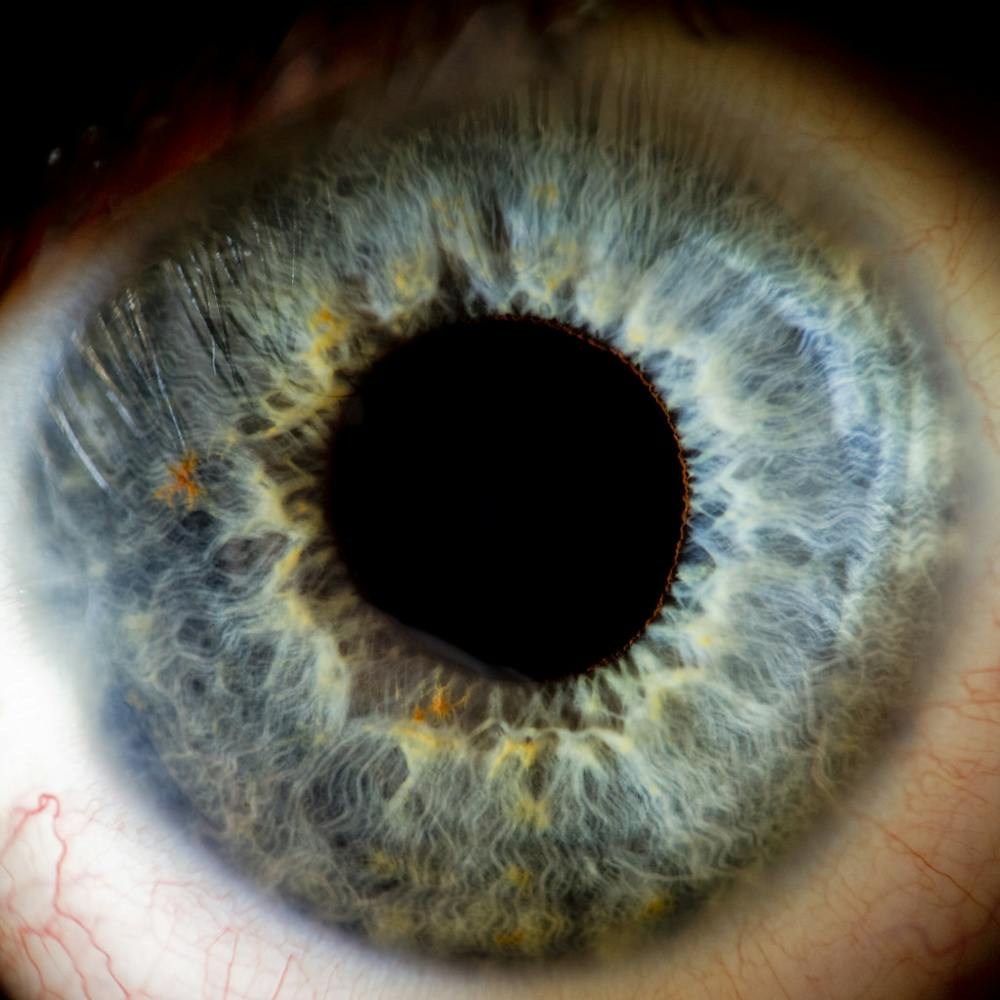As part of the School of Public Health’s Spotlight Series, alum Lori Grover gave a virtual talk on March 16 that covered the broad intersections between optometry and public health. She expounded on the value of optometry toward aiding the overall health of individuals and communities alike.
Grover, an optometrist and senior vice president for health policy at the health firm King-Devick Technologies, received her PhD from the School of Public Health in 2012.
Grover illuminated the state of current perceptions of vision care.
“Sadly, we are still fighting an uphill battle with people understanding what the value is of comprehensive eye care,” Grover said. “The sadness is that almost 90% of adults will take their kids in for car maintenance, which is about twice as many as have had their kids actually have an eye exam.”
Part of the reason for this, Grover explained, is that the current system of “eye care” within the U.S. carries with it a wide array of limitations that hinder its ability to adequately care for people.
The U.S. Preventive Services Task Force has proclaimed that there is little reason to recommend the current system of vision screenings in the U.S. as “eye care,” despite eye disorders currently ranking eighth in most expensive chronic diseases, costing the U.S. over $145 billion in 2014 alone.
Grover expanded on what happens after children receive vision screenings.
“There are fundamental limitations in the diagnostic efficacy [of vision screenings] and certainly in follow-through care. Especially in children,” Grover said. “If a child is targeted as having a potential problem, less than a third of those kids are actually getting to the doctor for follow-through care.”
Grover also spoke on vision screenings’ potential harms to health, poor evidence of health benefits, lack of standardized criteria and most importantly the notion that people begin to have, that these vision screenings are equivalent to real doctor-led, comprehensive eye care.
“There is a huge difference between the continuum of care [of comprehensive eye care] and that very narrow targeted approach that looks for maybe one condition or disease,” Grover said.
According to Grocer, these lacking methodologies, which can contribute towards a sense of complacency in the American populace and lead to pronounced vision problems, have a particularly marked effect on children. Grover noted that children with vision disorders often have associated psychological effects, such as interference in educational development or social interaction.
But it also affects adults — vision impairment is associated with complications of unrelated diseases, reduced quality of life and even depression, according to Grover.
Grover also brought up the idea of health inequity, speaking on how aspects of structural racism lead to underserved populations being given narrow vision screenings when what is needed is comprehensive eye care.
Looking to the future and how to solve these issues of health inequity, Grover ended with takeaways that are essential to understanding how optometry can be directed through public health. She drove home the point that in order for the populace to understand the importance of eye care, they must be made aware through community outreach events and the dissemination of information that corroborates the importance of comprehensive eye care.
Grover concluded with an appeal to her colleagues in the health-care system, expounding on the importance of an evidence-based approach and of simply having the correct knowledge on what optometry is able to do and achieve for the American populace.
“One of my requests for the 30 years I’ve been in clinical care and doing research and policy work is that we need our colleagues and health care to understand what doctors of optometry do and help to understand that they can connect people to care,” Grover said.





